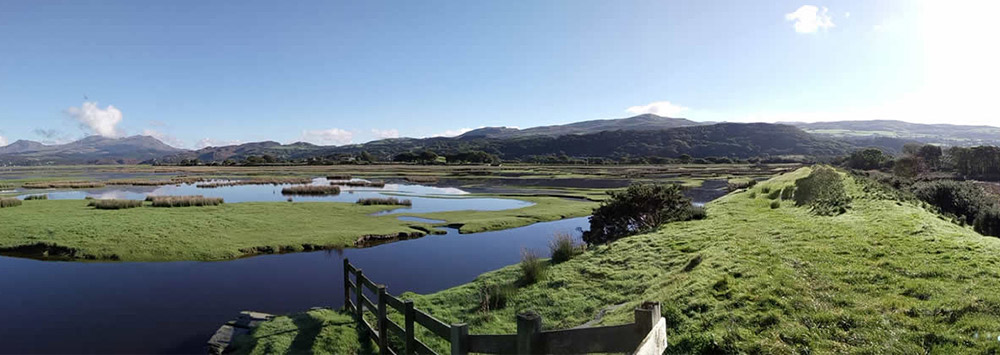Ana Bras
A.M.ArmadaBras@ljmu.ac.uk
I am Ana Bras, CEng, FICE, PhD and Reader (Associate Professor) in Bio-materials for Infrastructure at the School of Civil Engineering and Built Environment, Liverpool John Moores University (LJMU), with 19 years of experience on development of construction materials and systems aligned with UK net-zero strategy for infrastructure. I established a research group to develop and implement innovative self-healing bio-based materials, making infrastructures more resilient and durable to water environments, through the re-use of locally available soil and wastes. The aim is to promote recovery and adaptation to environment change, limiting resource depletion. I generated over £1.8 million of direct contribution to LJMU as PI/Co-I (MSCAs Horizon Europe, H2020, Royal Society, ICE, RAEng, British Council, etc).
Themes: Blue Green Energy, Ports and Maritime, The Living Ocean
Affiliation: Liverpool John Moores University
